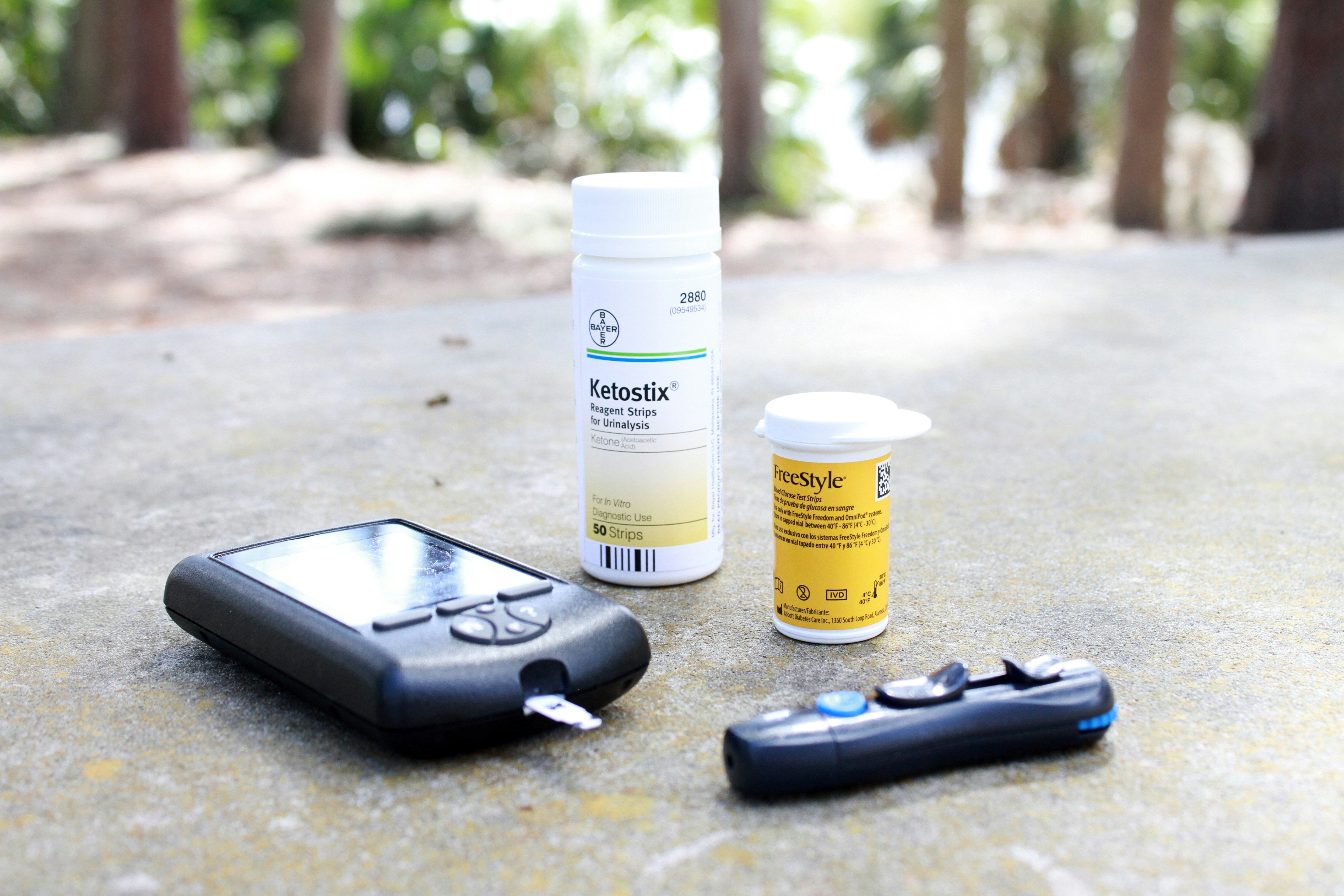Unlocking Insights: A Deep Dive into the Bido Assessment
March 31, 2025 | by yakobians.sevak@gmail.com
 Photo by josh A. D. on Unsplash
Photo by josh A. D. on Unsplash What is the Bido Assessment and Its Purpose
The Bido Assessment is a specialized evaluative tool designed to systematically analyze and measure an individual’s or system’s competencies, behaviors, and overall effectiveness. Originating from contemporary assessments in psychology and education, this tool has become pivotal in various domains, including talent management, educational planning, and psychological evaluation. The primary objective of the Bido Assessment is to provide a comprehensive understanding of an individual’s capabilities, challenges, and potential pathways for development.
In the context of education, the Bido Assessment serves as a method to evaluate learners’ strengths and weaknesses, facilitating tailored instructional strategies that promote academic success. It plays an essential role in identifying students who may require additional support, enabling educators to craft individualized learning plans. Similarly, in the realm of psychology, this assessment can uncover mental and emotional patterns, assisting practitioners in diagnosing specific issues while guiding therapeutic interventions.
Furthermore, the Bido Assessment has gained traction in professional development environments where organizations seek to optimize employee performance and team dynamics. By assessing various attributes such as leadership potential, collaboration skills, and adaptability, employers can make informed decisions regarding recruitment, training, and career advancement. This assessment embodies a proactive approach to talent management, leading to enhanced organizational effectiveness.
Utilizing the Bido Assessment provides invaluable insights that are indicative of behavioral trends, allowing stakeholders to address areas for improvement while also leveraging existing strengths. It fosters a deeper understanding of how individuals operate within different contexts, thereby preparing them for success in their respective fields. By integrating this assessment tool in multiple settings, educators, psychologists, and business leaders can cultivate growth and enhance performance across diverse spectrums.
Interpreting Bido Assessment Results
The Bido Assessment employs a systematic scoring framework designed to provide a comprehensive insight into an individual’s attributes and capabilities. Understanding this scoring system is crucial for effective interpretation. Typically, results are displayed as numerical scores across various competencies, each designed to highlight strengths and areas for improvement. A higher score generally signifies a strong aptitude or proficiency in a specific domain, while lower scores may indicate opportunities for development. For example, scores ranging from 1 to 5 often reflect varying levels of expertise, with 1 representing minimal competence and 5 indicating exceptional capability.
When analyzing these scores, it is important to consider the nuances of each category assessed. Different competencies may carry distinct weightings depending on organizational priorities or personal goals. Thus, focusing solely on aggregate scores may not fully represent an individual’s potential or readiness for specific tasks. Contextualizing these results within the specific environment in which one operates—be it academic, corporate, or personal development—allows for more meaningful insights.
The application of Bido Assessment results extends beyond mere understanding; they can inform personal development plans, guide career progression strategies, and enhance team performance. Individuals might utilize their scores to identify specific areas for further training or mentorship, while organizations can leverage the aggregate data to make strategic hiring or team composition decisions. Furthermore, the results can aid in establishing measurable goals that align personal aspirations with organizational objectives.
Yet, there are common misconceptions surrounding assessment results that must be addressed. One such misconception is that a low score indicates failure; rather, it should be viewed as an opportunity for growth and learning. Adopting a constructive mindset towards these findings fosters a culture of continuous improvement. Best practices for utilizing Bido Assessment results involve regular reviews and updates, ensuring that the insights remain relevant and actionable as individuals and organizations evolve.
RELATED POSTS
View all

